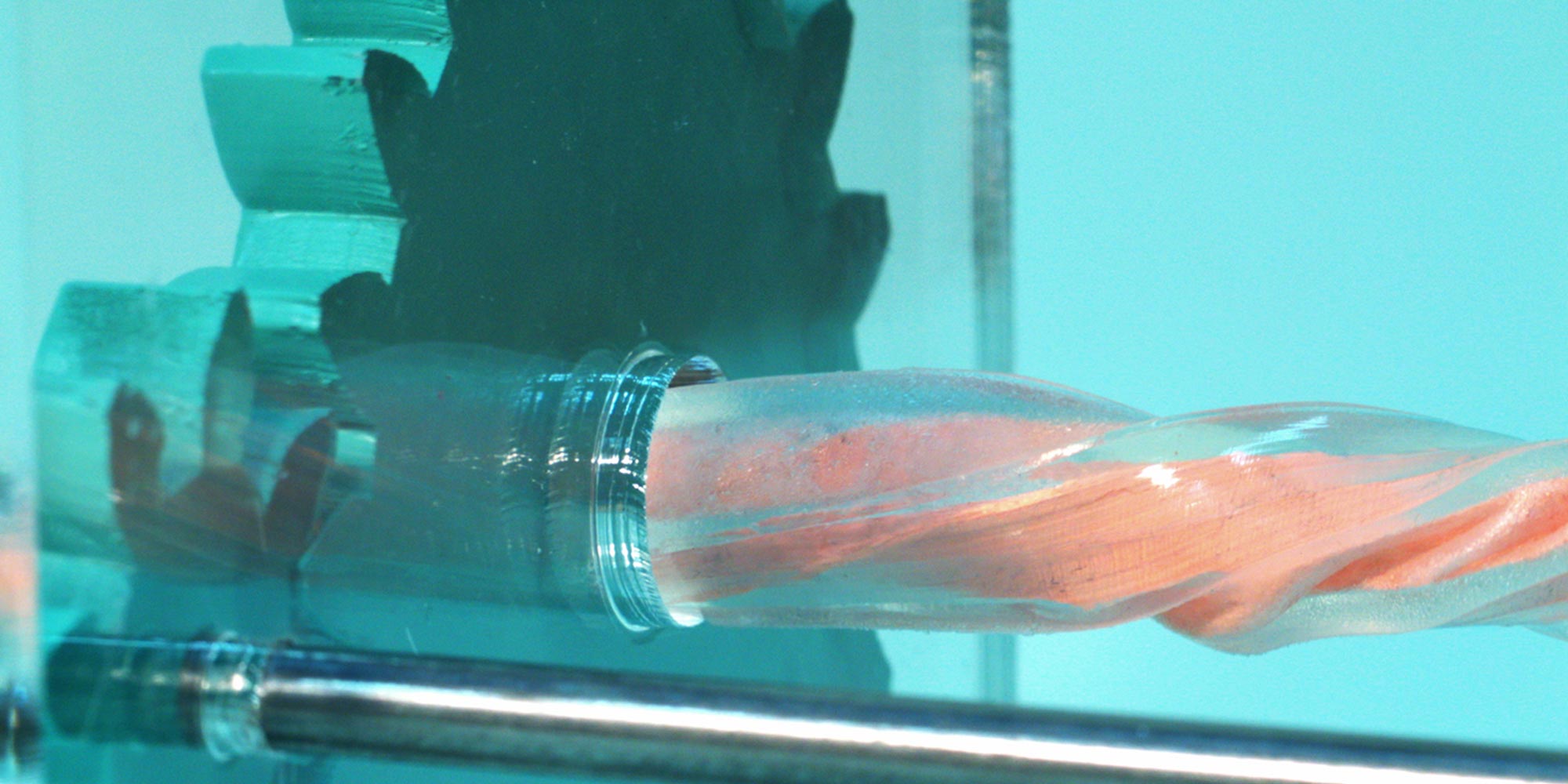Nomination
Re:flex is the result of experiment-driven, multidisciplinary research around materials that can respond to physical stimuli. It draws inspiration from natural organisms which can adapt to changes in their environment by adjusting themselves naturally to new circumstances. By contrast, man-made designs, buildings, and materials are often static and hence incapable of adapting to rapidly changing conditions.
Re:flex is a novel material which can move and transform in response to heat. It can be deformed into a temporary shape when heated, and frozen in place through cooling down. When heated again, Re:flex remembers and returns again to its original shape. This can be easily done with warm water or hot air using common household appliances.
As a cross-disciplinary team, we explore the field that lies in-between scientific research and everyday applications of transformative matter. Through material research and design-led experimentation, we craft objects that can twist, bend, twirl and remember. Using Re:flex we develop designs for reusability, adaptability, and body-fitting, the creation of motion, and many other capabilities.
Credits
Special thanks to James Fraser who was instrumental in the initial development of Re:flex.
Thanks to Imperial College London and the Royal College of Art and thanks to the Dutch Design Foundation and Material Driven for their ongoing support and help in promoting our project.
Pierre Azalbert, Benton Ching, Karlijn Sibbel (Multinational) form a multidisciplinary team with a passion for bridging the gap between scientific research and everyday life. They met while taking part in the Innovation Design Engineering masters at the Royal College of Art and Imperial College London. At the heart of their practice is an ethos of accessibility—translating the arcane into the understandable. Their work encompasses the fields of new material development, technological reinterpretation, and immersive experience.



